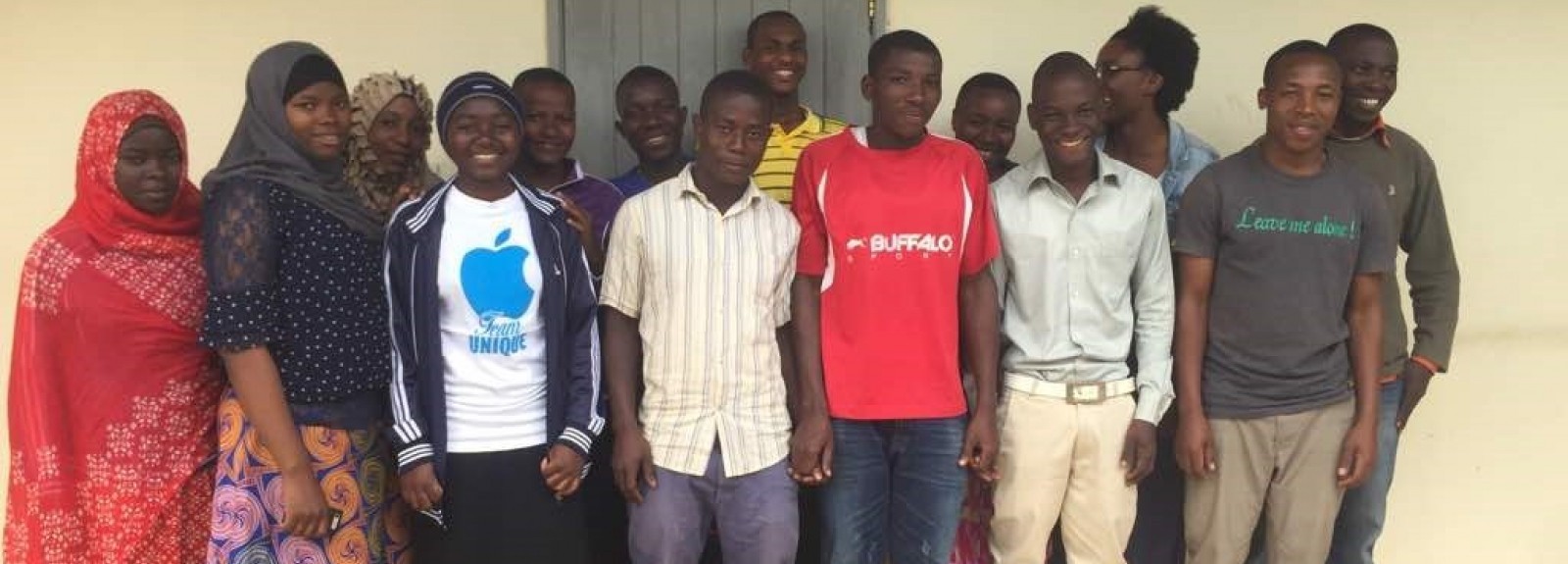For youth in rural Tanzania, a career in agriculture can be a hard sell.
Even though farming is a powerful economic driver, many young people have watched their parents struggle their entire lives. So instead of following in their footsteps, many dream of moving to urban areas. But those dreams are often dashed as the opportunities they thought they’d have fail to materialize.
Right now, your support is reaching thousands of young people in Tanzania — changing the trajectory of their lives and the future of their communities.
College-age students are spending their days learning to prepare land for crops, milk cows and goats, and even produce yogurt and cheese. It’s all part of a project that provides students with first-class vocational training, so they can pursue gainful employment opportunities or run their own businesses.
The project addresses a need and challenge familiar to families and companies in the United States: how to prepare the next generation of youth to fill positions in the agricultural and technical fields.
In partnership with two agriculture technical institutes — the National Sugar Institute and the Katrin Institute — you’re revising and improving the national agriculture technical curriculum to ensure the next generation of agricultural experts are prepared for the future. The new curriculum, which has the full support of the Tanzanian Ministry of Agriculture, also includes internships with large-scale agribusinesses so that students graduate with quality, relevant work experience.
The students say the work experience, combined with the classroom study, is opening the door to a brighter future for them.

Dina Mwilanga is entering her second year at the National Sugar Institute. She said her internship is exciting because the practical skills complement her classroom studies. When she graduates, she plans to become an extension agent and help other farmers find markets for their crops and get the best production from their land and animals.

Ezekiel Lucas, who is entering his second year at the Katrin Institute, said the internship allows him to experience real-world applications of his academic courses. Ezekiel says work experience is what attracts an employer. “Employment is most important to us,” he says.
From Uganda to El Salvador and Nicaragua to Tanzania, you’re supporting youth to become the next generation of farmers across the developing world by providing opportunities for them to get the skills, tools and opportunities they need for viable careers in agriculture.
Thank you for helping to ensure young people won’t have to face a life of poverty as they look ahead.


